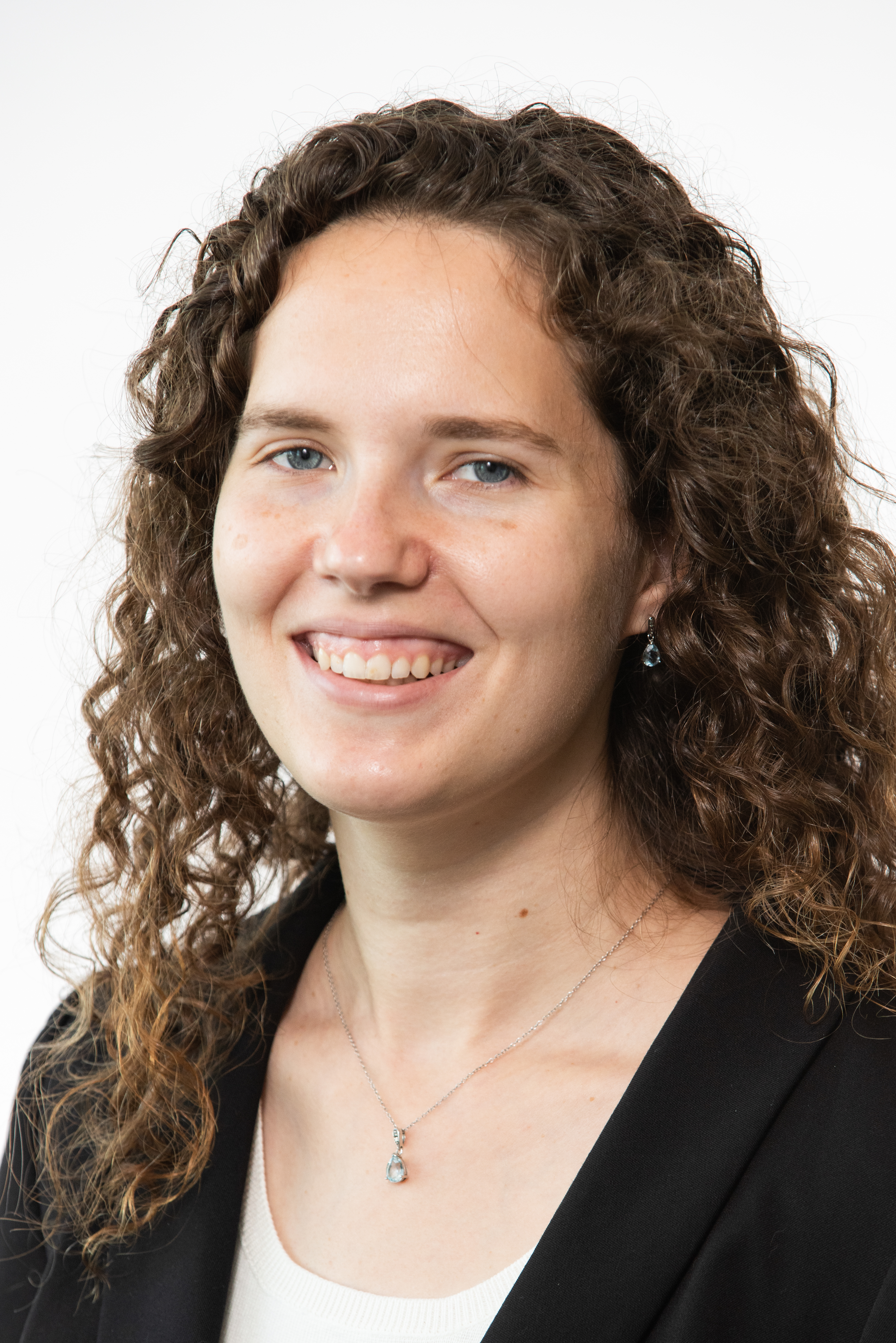
Dr. Emily Cook, an assistant professor in the Texas A&M Department of Economics, is shaping conversations around higher education policy with research that examines how universities adapt in a competitive market setting. Her work, which explores how educational policies affect institutions and students alike, recently earned her the CESifo (Center of Economic Studies) Distinguished Affiliate Award—a prestigious honor from CESifo, a global research network based in Munich, Germany, that brings together top economists to collaborate on international economic policy and research, recognizing promising early-career economists.
Cook, who holds a Ph.D. from the University of Virginia, joined Texas A&M after serving as an assistant professor at Tulane University. Her role involves both teaching and conducting research.
“In my position, I do a combination of research and teaching,” Cook said, highlighting her course on the Economics of Education (ECON 328), which examines education policy and economic principles affecting educational institutions. This spring, she will also teach a doctoral-level course on industrial organization.
“I am focused on understanding the intersection of higher education policies and market forces,” she said.
Cook's background includes a bachelor’s degree in violin performance and economics from the University of Maryland, followed by several years at Deloitte in economic consulting. Eventually, her drive to understand and influence educational policy led her to doctoral studies and a career in academia.
The selection process for the CESifo award involves multiple steps. “CESifo’s Distinguished Affiliate Award is for researchers no more than five years from finishing their Ph.D.,” Cook said. “To receive the award, a member of the network must nominate you, and you submit a research paper that is either solo-authored or co-authored with other junior researchers.”

After submission, three finalists presented their research in Munich, and one was selected as the winner. Cook’s award-winning paper, “Market Structure and College Access in the U.S.,” explores how state-level grant aid programs impact university behavior.
“This paper is about how universities respond to increased availability of student grant aid through state grant aid programs,” Cook said. “I show that universities respond to these policies by increasing tuition and admissions standards, but also in some cases increasing institutional aid, especially for high-achieving students.”
This insight illustrates how financial aid policies affect college affordability and access, and how institutions attract top students.
“Modeling the U.S. higher education system has been an incredibly challenging task,” Cook said, reflecting on her efforts to make sense of how economic incentives shape student access and success. “I was grateful to see the work receive this recognition.”
Cook’s research could have far-reaching implications for policymakers and educators as they seek to understand and improve access to higher education.
